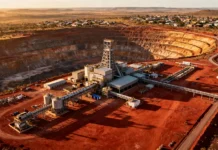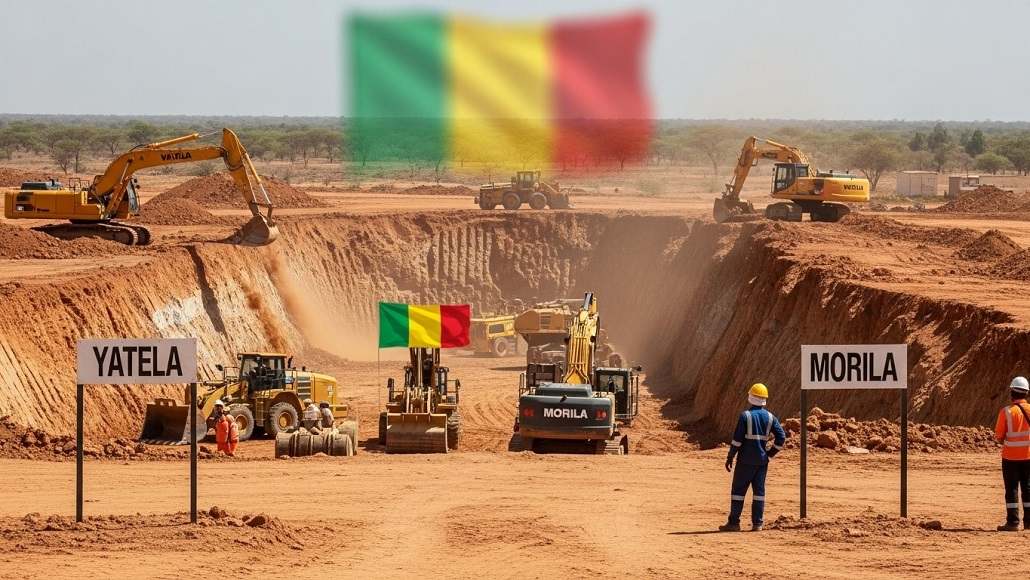The Yatela and Morila gold mines were formally taken over by Mali on June 30, 2025. The country’s resource management has undergone significant transformation. Mali aims to improve its economy, manage its natural resources more effectively, and reduce the dependence of its mining industry on foreign companies. One important component of that goal is this law.
Mali produces more than 65 tonnes of gold annually, making it the second-largest producer in Africa. For context, the country has been working for a long time to turn its natural riches into significant economic wealth for its citizens.
Because they were too dangerous and difficult to run, several international companies have stopped working at the Yatela and Morila gold mines. Due to declining gold prices, AngloGold Ashanti and IAMGOLD shutdown Yatela in the Kayes area in 2016. This choice was taken despite the fact that there were confirmed leftover supplies.
The Australian company Firefinch left Morila in 2022. Morila was located in the Sikaso area, and the company had a negative impact on the ecology and the economy. Mali’s government has chosen to reclaim these assets rather than leave them lying around. This is one phase in the plan to regain control of the business.
The Society for Research and Exploitation of Mineral Resources of Mali, or SEMOS, is the new government organisation tasked with managing these resources and revitalising them.
I’m concerned about how well the plans will be implemented, where the funding will come from, and how the environment, especially at the Morila site, will be protected. These difficulties are a result of the government’s lack of clear strategies on how to manage operations and allocate funds.
Two West African countries, Burkina Faso and Niger, are also attempting to renegotiate mining agreements and hire additional personnel to work in the industry domestically. Nationalisation is but one facet of a broader shift taking place in West Africa. Globally, the price of gold has been high for a while.
As a result, states have been able to increase their revenue from manufacturing and prolong contracts. Mali’s plan aims for increasing taxes on businesses that do not have their headquarters in Mali, updating existing contracts, and moving businesses to Russia. For instance, in June 2025, a gold facility that Russia assisted in developing will open.
The plan to acquire the company may make investors less certain. It may result in connections with Kremlin-supporting Russian businesses, but it also raises concerns among ordinary Western investors about the associated national danger.
All things considered, the ramifications for the whole area are significant: as the global balance of power changes, Mali’s bold move may lead other countries in the region to follow suit or reevaluate their own mining policies.
Lastly, the goal to seize Mali as a country will only succeed if the government can resolve its financial, organisational, and daily challenges. If successful, it might completely change the way that West African governments and international mining companies collaborate by emphasising better and more equitable development rather than just extracting resources.






















